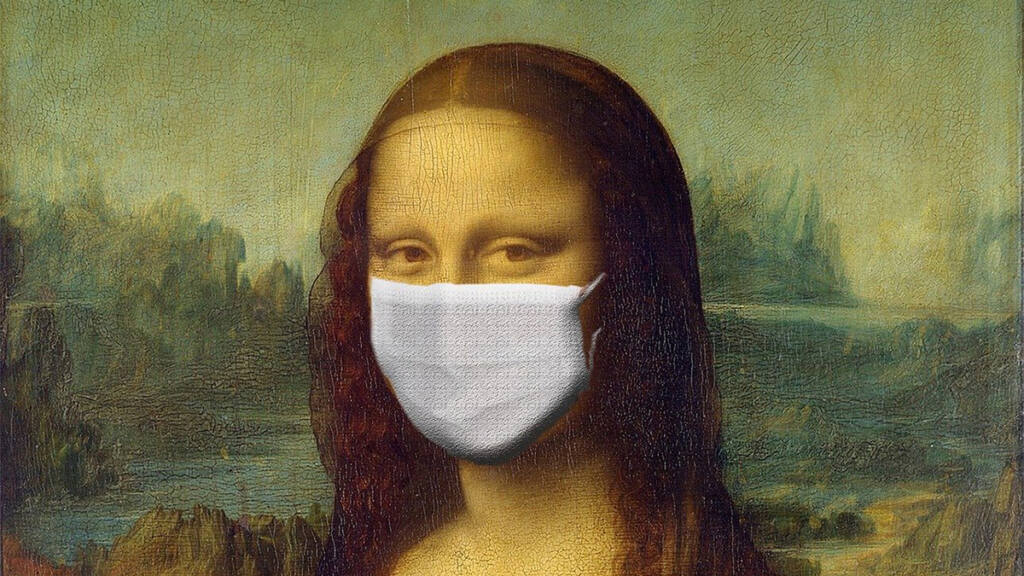WelCom March 2022
Kanohi ki te kanohi
James B Lyons
‘We exist through the gaze others give us.’
This comment by English Dominican priest, Timothy Radcliffe, summed up his experience in hospital last year following major surgery.
Anchored by tubes and constantly monitored, he was powerless to help himself – ‘I couldn’t even wipe my bottom!’ – but he was given marvellous care.
He knew the quality of this care through the gentleness and respect of the nursing staff. But it was especially the look they gave him that told him he mattered, that they were there for him.
‘We exist through the gaze others give us,’ the well-known writer and scholar concluded.
I find this expression particularly relevant in this Covid-Omicron age, when mask-wearing is considered the norm, and in many cases compulsory.
Inter-personal relationships are best nurtured ‘face to face’ – kanohi ki te kanohi. Facial expressions are crucial indicators of both mood and need.
A mask limits the ability to message accurately. In fact, pretence is often described as ‘masking’ one’s true intentions.
Just as the pandemic is reminding us how connected we are to one another and calling us to respect our home, Earth, more than ever, perhaps it is also inviting us to check on how we look at one another.
Masked against infection, our eyes come to play their role with greater urgency. Maybe we haven’t realised just how much our eyes convey. Poetically they are described as ‘the windows of the soul’, not only helping us to see and to take in sights, but also to give and convey how we feel.
What do my eyes tell others about themselves?
Do they feel they exist through my gaze?
The expression, If looks could kill…, says a lot about the power that is contained in a ‘look’. That’s on the negative side, but consider the look that encourages, warms the heart, shows understanding and empathy. This is surely the look of love. This is the gaze to be cultivated above all.
It is only the ‘look of love’ that tells people they matter, that makes room for them, that binds their wounds and heals.
Our Judeo-Christian scriptures open with the beginning of life and we learn that, when the creation of each ‘day’ was finished, God looked (gazed) on what was made and found it very good. [Genesis 1]
It is the ‘goodness’ God sees that must be conveyed to every person for life to flourish. God’s gaze held the look of love. Our eyes must do the same.
Thank you, Timothy Radcliffe, for spelling it out for us: We exist through the gaze others give us.
Let the eyes have it!!
